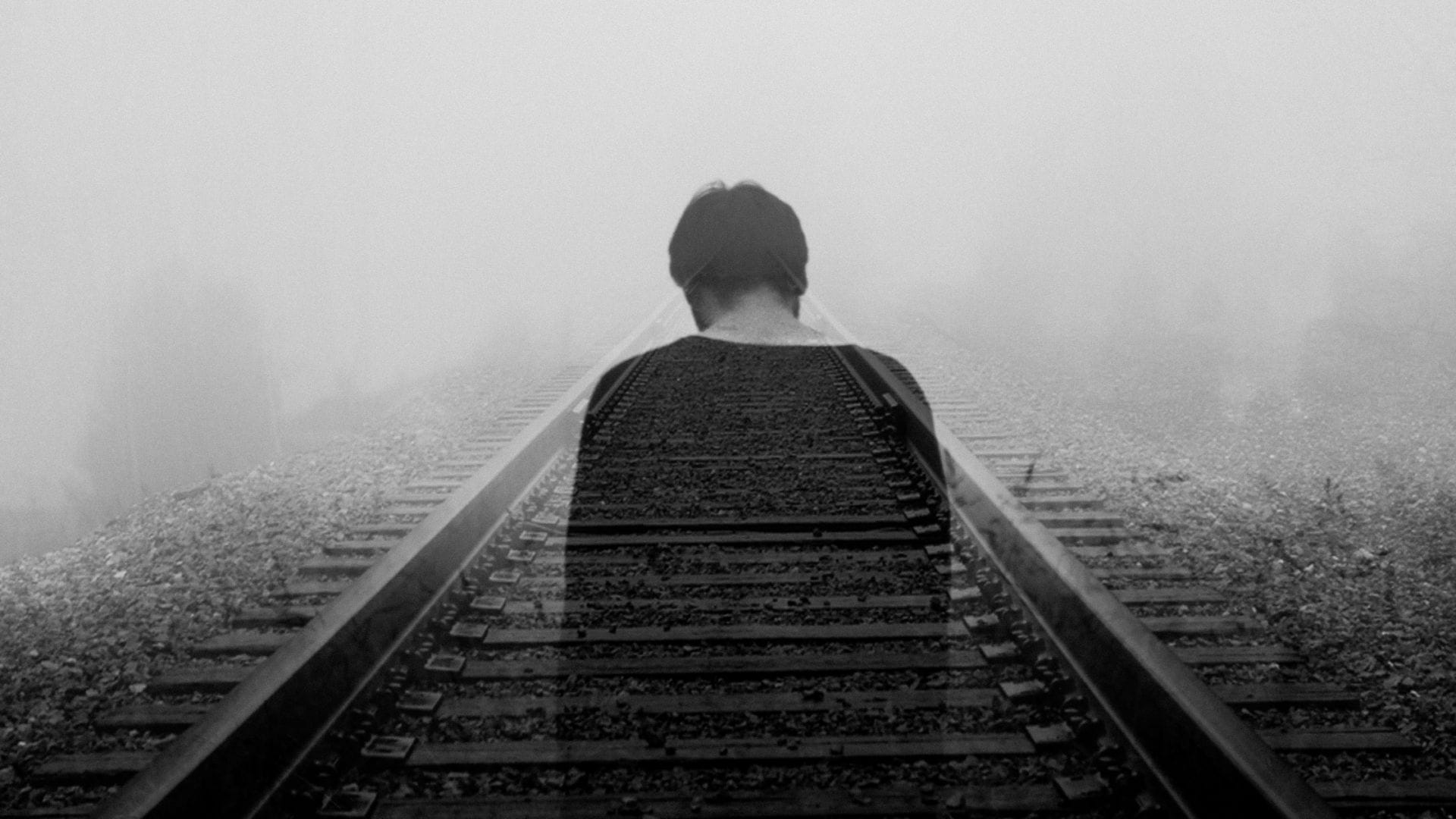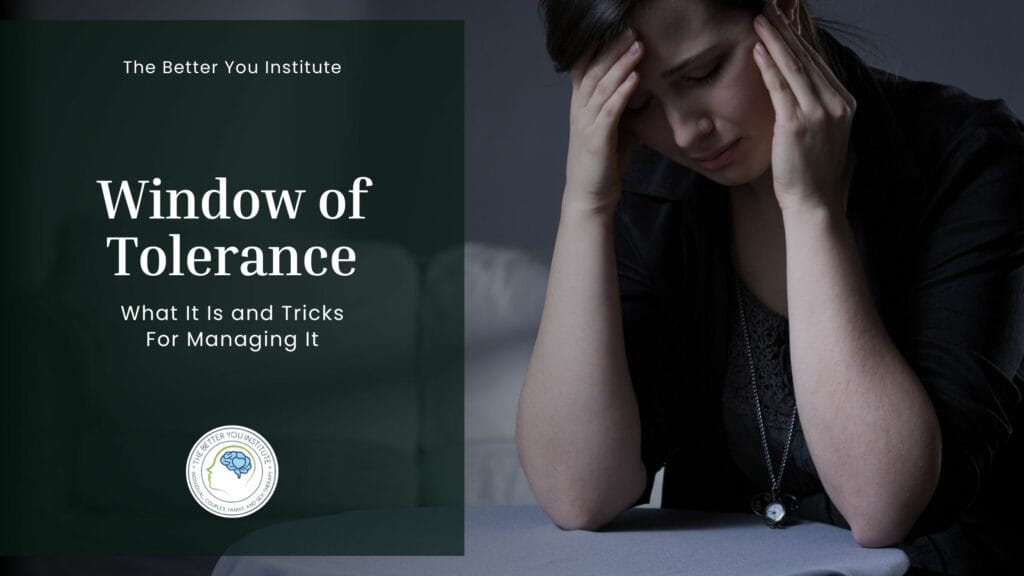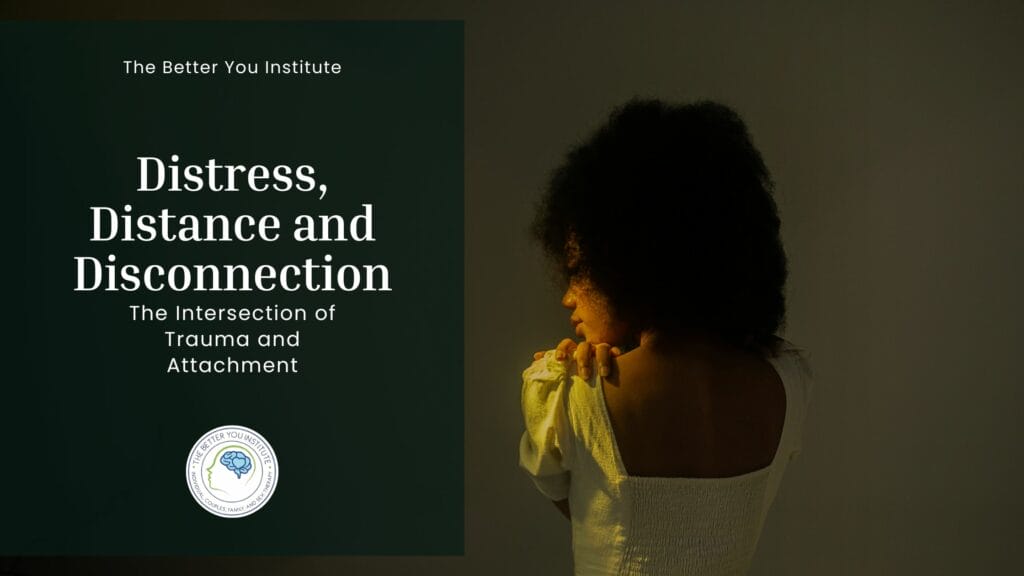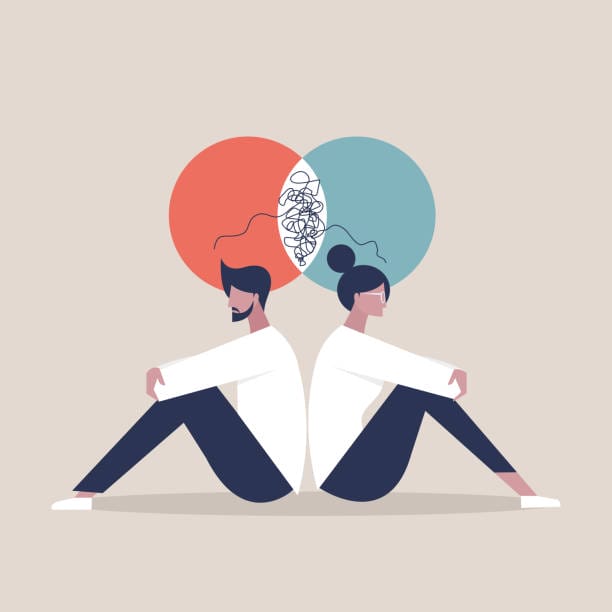Have you ever felt like crippling depression has taken over your life? Do you feel like there is no way to escape it and that it will never go away? Maybe you think there is no solution because you don’t know how to deal with crippling depression.
It’s important not to give up hope even when you feel it will never go away but also to seek help with mental health professionals and improve your mental health.
This blog post talks about crippling depression, what it is, why someone may have it, and how to deal with crippling depression.
Table of Contents
What is crippling depression?
Crippling depression is a severe form of depression that causes significant impairment in one’s day-to-day life. Clinically it is typically referred to as Major Depressive Disorder. A major depressive episode, or period of crippling depression, is characterized by consistently negative moods, feelings of sadness or emptiness, or a loss of interest in previously enjoyed activities for at least two weeks.
Why do I have crippling depression?
There are various reasons and risk factors you may have crippling depression, and it can vary from person to person. Some common causes include:
- Genetics (a family history)
- Circadian rhythm disturbances
- Reduced neurotransmitters such as serotonin, norepinephrine, and dopamine
- Female gender roles
- Cultural views of depression
- Exposure to discrimination
- Lack of social support
- Negative thinking style
- Ruminative thinking style (constant focus on negative situations in the past)
- Learned helplessness (a learned sense of powerlessness from previous negative events)
- Childhood trauma (loss of a family member, neglect, maltreatment, etc.)
- Stress responses to daily events
- Chronic pain because you may not be able to participate in activities you usually enjoy
- Physical disabilities
- Substance abuse
- Mental illness
These are just a few potential reasons you may have crippling depression, and you may realize that you can relate to more than one cause. Depression can be caused by the accumulation or combination of many of these causes.
How crippling depression feels
Crippling depression is known as feeling crippling because it can make everyday tasks feel impossible. Depression can lead to suicidal thoughts and a decrease in motivation. You may not feel motivated to try self-help tips, so you continue to feel depressed. A therapist can help you find motivation, inspire hope, and guide you to making positive changes in your life.
It is also important to note that depression is comorbid, commonly diagnosed with mental illnesses such as anxiety. So you may experience other distressing symptoms that are not due to depression.
Symptoms of depression:
Common symptoms of depression can include:
- Lack of energy or fatigue
- Inability to concentrate on tasks
- Lack of interest in activities you used to enjoy
- Loss of appetite and weight loss (not due to dieting)
- Increase in appetite and weight gain
- Easily irritated
- Inability to make decisions
- Feelings of worthlessness and self-doubt
- Suicidal thoughts or behaviors
Diagnosing crippling depression
Your therapist or psychiatrist can diagnose crippling depression as Major Depression Disorder (MDD). Having a diagnosis to match your feelings can be incredibly validating, especially when struggling so much. If you are experiencing many of the symptoms listed above, you should seek help as soon as possible to prevent crippling depression from getting worse and to start feeling better.
If your child or teenager is experimenting severe depression symptoms, learn more about child therapy with The Better You Institute.
What is the difference between crippling depression and clinical depression?
Clinical/Major Depression: When someone has crippling depressive symptoms, and other physical illnesses such as chronic pain, a lack of energy or motivation may be due to their condition rather than crippling depression. Clinical depression should also last at least two weeks in duration before being diagnosed with Major Depressive Disorder (MDD). You may have some symptoms of crippling depression but may not be diagnosed with MDD or severe depression.
What’s the difference between crippling depression and a case of the blues?
A “case of the blues” is typically related to feelings that change when you’re in specific environments like home, work, or school. Feelings of sadness or hopelessness are symptoms of crippling depression but can be just a mood due to particular experiences. The prolonged period of sadness makes it crippling depression and having the other symptoms stated earlier. Crippling depressions usually involve consistently negative attitudes (pessimistic outlook) with no reprieve from them whatsoever.
Untreated crippling depression can lead to severe depression.
What are some treatment options to improve crippling depression?
There may not be a specific strategy that will work for all people with crippling depressions, but the following treatments have been shown to help to improve mental and emotional health:
- Counseling or therapy
- Medication
- Meditation
- Socialization
- Spending time with people that make you happy
- Joining a club or organization
- Exercise
- Talk therapy
It’s important to treat symptoms of crippling depression to feel better and address specific triggers. You may know what causes some of your symptoms to worsen or start to reappear. In addition, many people find support groups helpful because they can meet others who understand what they are going through. You can learn from others’ experiences and what works for them. A therapist will also be able to help you based on their experiences with other clients.
How to deal with crippling depression
It’s important to know that crippling depression is not your fault, and it can happen to anyone. It is also helpful to know that your depression does not need to persist! There are many ways to improve crippling depression that you can find independently or with a healthcare professional.
Some steps you can try to cope with crippling depression are:
- Talk to a therapist or counselor to improve your mental health
- Your doctor might prescribe antidepressants, which should be taken according to your doctor’s orders. Discuss with your doctor the side effects or do some research about common side effects before taking the medication.
- Adopt a pet! Studies have shown that having a pet increases life expectancy and lowers blood pressure too.
- Try to do some yoga or go on walks; this helps move endorphins around the body, which relieves stress hormones (cortisol) from being used for energy when lactic acid builds up in muscles due to lack of use.
- Taking time away from social media will also help increase your mental health because it can trigger crippling depressive symptoms.
Conclusion:
The crippling depressive symptoms can be managed with assistance from a counselor or therapist. If you are experiencing crippling depressive symptoms, be sure to reach out for help and support before your crippling depression worsens. Call The Better You Institute today @ (267) 495-4951 to make an appointment with one of our depression therapists in Philadelphia, PA. A mental health professional on our team will be able to assist you with the process of overcoming crippling depression.
If you live in Pennsylvania, we now offer online therapy to those who do feel they cannot leave their house or need therapy from further away. Your mental health matters, start improving it today!







